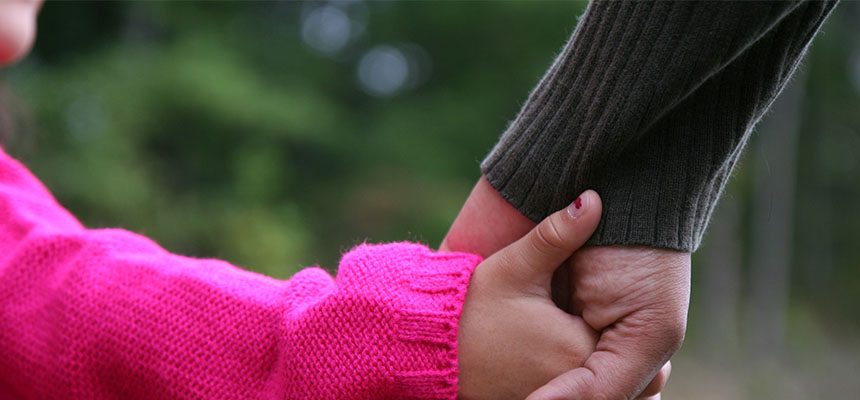Ann, from Canvey Island, first joined Quality Foster Care as a full-time foster carer in 2004 so she could work alongside raising her own two daughters, Joy and Polly. She currently cares for a teenage girl, and during her time as a carer, Ann has opened her home to 59 other vulnerable children and young people.
Reflecting on her experience as a single foster carer, Ann says:
“I had no idea that you could be a foster carer if you’re single but I’m so glad I looked into it. Being single has given me the time to help so many young people, from a variety of different backgrounds, from young children to older teens. I’ve been able to support asylum-seeking children as they adapt to life in the UK and it’s been such a rewarding experience.
“Being a single carer means I’ve only had females in my home, it’s been just me, my daughters and my foster children. So, I’ve been able to support young girls who have experienced various traumas, helping them to heal. The comprehensive support available through Quality Foster Care has meant I’m well trained for this and am confident in my abilities to support children who have experienced all kinds of trauma.
“To anyone considering becoming a single foster carer, I strongly encourage you to check it out. I’ve been so lucky in that I have a wonderful support network around me; my friends and family have been incredible. The support workers at Quality Foster Care go above and beyond to let you know they are always there to call on, if you need any help, never be afraid to ask.”
We want people to know that someone’s marital or relationship status, gender, sexuality, religion or ethnicity does not stop them providing excellent care to a child in need. Fostering comes in many forms and can be tailored towards the needs and lifestyle of the foster parent, or parents, and those in their care. Foster carers can work flexibly as respite or short-term foster carers, or they can have foster children and young people living with them long-term, meaning they would remain in care until they feel ready to live independently.

